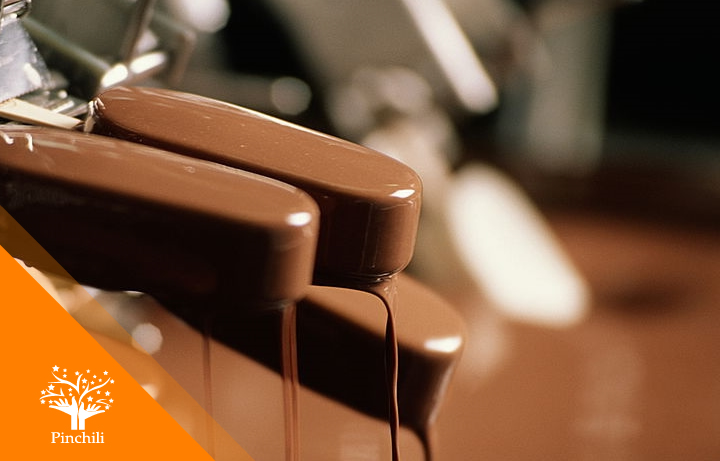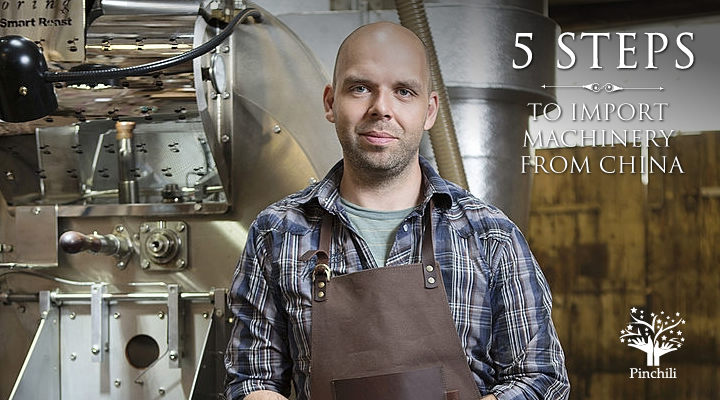Import Machinery from China is more mundane than is believed, especially because of the work that importing companies do to contact directly manufacturers, but it is obligatory to make many designations about what you optate to not leave in the hands of the ” Prevalent sense “the quality of the products you optate. Here is a list of the 5 most consequential steps in this process.
1.- Characteristics or Technical Specifications
Kenning the characteristics, applications and functions of the machinery you are cerebrating of buying is one of the most paramount points of the process, you must elucidate all these with the manufacturer afore negotiating the final sale price, thus eschew receiving erroneous prices with reverence to quality Or category, here is a list of the most prevalent technical designations for your reference:
Model
Definition of use
Motor
Functions
Voltage
Power (W)
Efficiency (%)
Protection class (eg IP65)
Control system
software
Aspects
Weight
Certification (eg CE or ASTM Machinery Guideline)
Export packing
Everything depends on what is going to matter, and the variety is quite wide, from packaging and printing machinery, power implements, hoisting machines, agricultural machinery and more.
It is the obligation of the supplier to provide the buyer with all the detailed information because if not, it is probably not an authentic manufacturer but an intermediary or minute trader.
2.- Regulations
- For the importation of machinery, it is obligatory to comply with the established regulations and in the European, American, Australian, and Indian markets the responsibility for compliance depends on the importer. Otherwise, it may result in fines, or withholding by the customs ascendant entities.
3.- Spare parts and guarantees
- It is prevalent for Chinese manufacturers to offer long-term warranties, but it is the obligation of the importer to certify this time and conditions for the utilization of the assurance, beginning with the covering of the costs of sending the machinery or components in case of rehabilitation or supersession. This expense is virtually always borne by the importer.
- Distribution and replenishment times should withal be taken into account, especially as it has a direct impact on the importer’s engenderment. At the time of the negotiation, the importer must verify that the manufacturer has the spare components or the compulsory personnel to cover the warranty of the machinery or any failure of identically tantamount, because of not having it in stock would mean to elongate the distribution periods even more answer. The time it takes to ship your product is equipollent to the one you would take for a supersession and you should take it into account.
- Another point to make clear afore the purchase is the mechanism to make the claims of the assurance, which is withal taken care of by the importing company, to ascertain that the supplier is committed to the fulfillment of the assurance without evasion possible. The most mundane way to make claims is by taking and sending material that proves it, such as photos and videos, documenting damages or failures, since the shipment of components to be examined by the manufacturer involves a very high cost, in integration weather.
4.- How will the installation be of the machinery in your company?
The costs of conveyance and Servicess of the manufacturer’s employees are always borne by the customer, so it is advisable to take it into account for profoundly and astronomically immense engenderment lines with many machines included, where costs exceed hundreds of thousands of dollars. If you are buying a light machine you should not cerebrate about this point.
5.- Quality control of machinery
There are companies that by giving up the Services of an intermediary in charge of the import process end up receiving defective machinery without having afore leaving the factory a test of functionality and quality. That mistake costs tens of thousands of dollars, in terms of lost business, because returning defective equipment to China is a perplexed task.
The return of a damaged article denotes that, after the customer has paid the shipping costs, the customs ascendant entities in China will sanction ingress and this scenario is virtually infeasible. Then, if you postulate you are sanctioned to enter and the transmutation occurs, it is again the customer who conventionally covers the cost of the incipient shipment.
In order to evade all this loss, the importing company must make an inspection of its product in the factory afore the shipment to certify it, even in the utilization of the machinery for its habitual work. Either way, time-of-failure detection will preserve you the cost of rehabilitating minor details by specialists and technicians in your habitation country.


